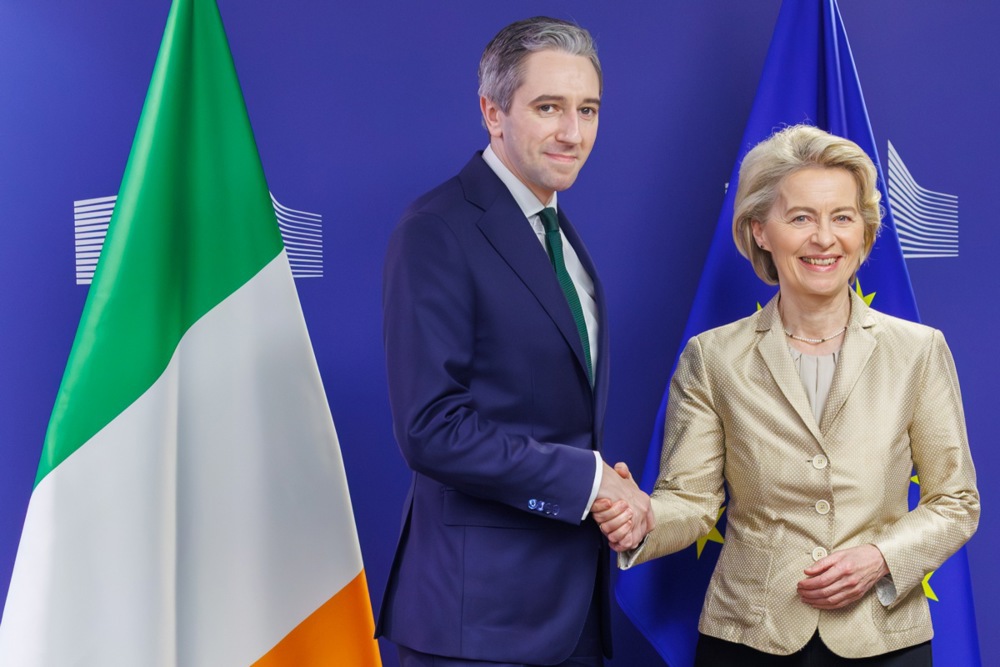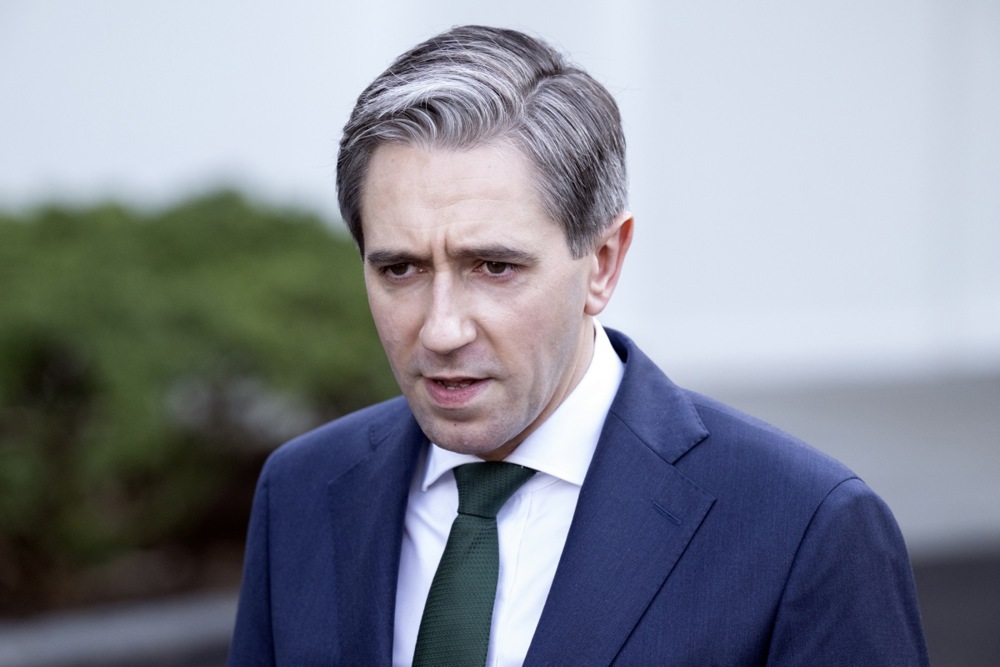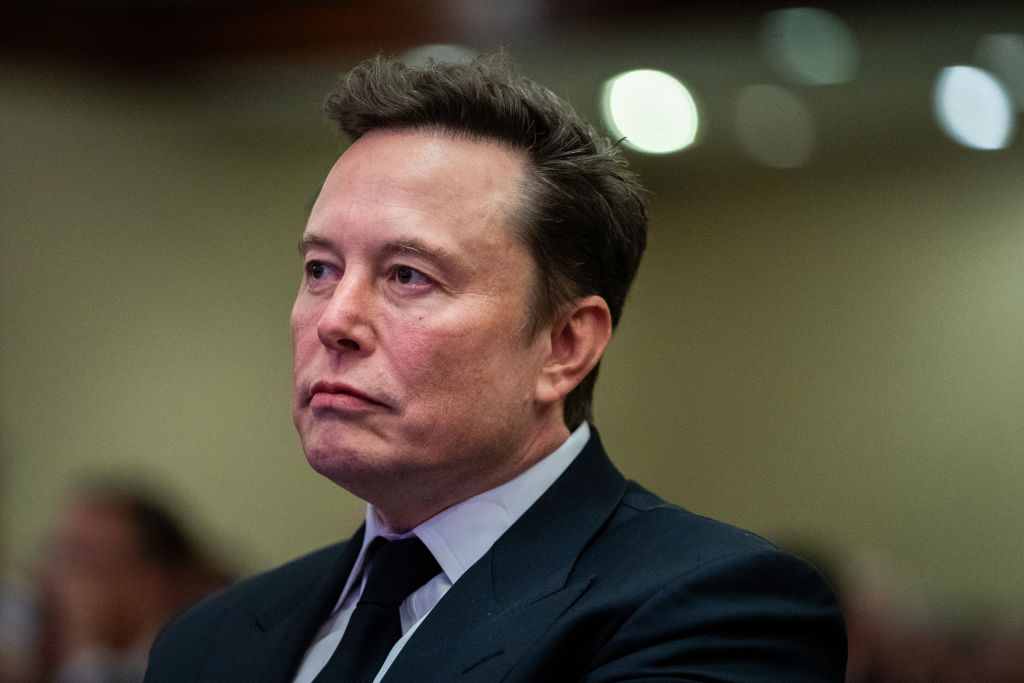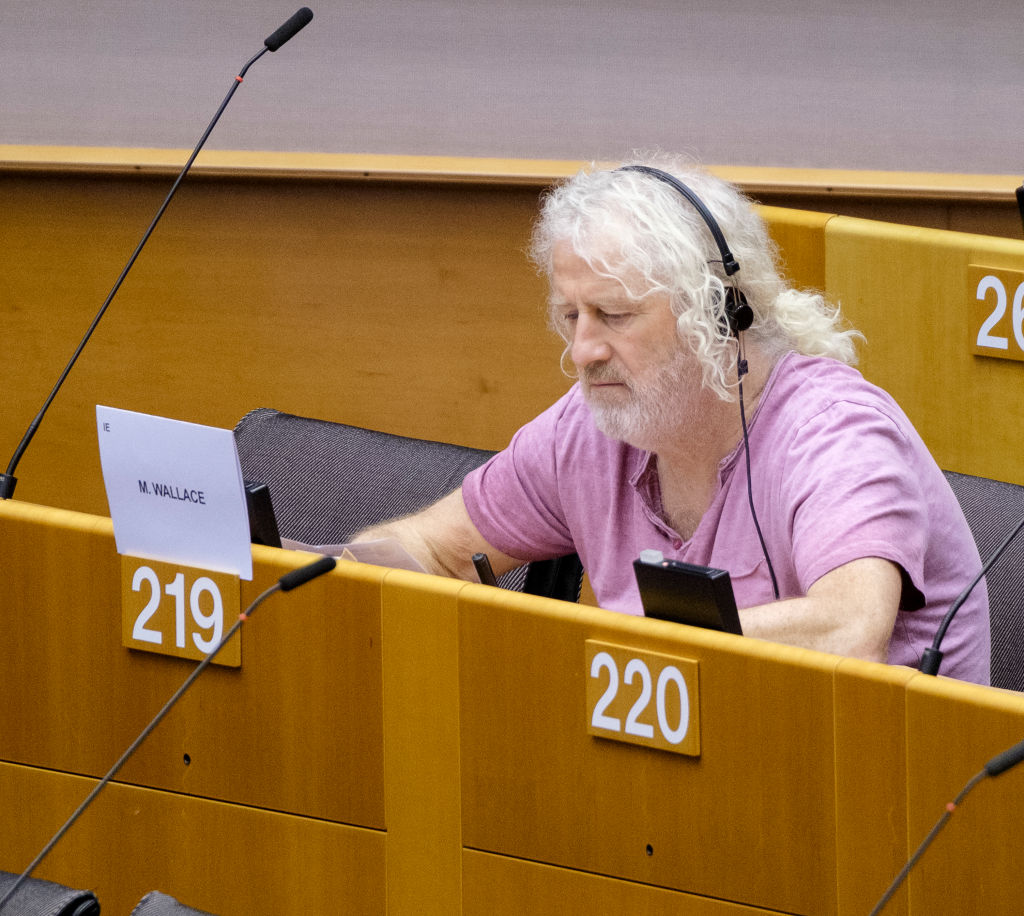Elon Musk has urged the Irish to “vote for freedom” as ballot boxes open for the country’s general election.
The X CEO has had a contentious relationship with the island’s ruling government over the past number of years, including his denouncement of Irish plans to implement legislation criminalising hate speech.
The US tech billionaire has now taken to his social media platform to address people in the country heading to the polls on November 29, reposting on the same day a video by online commentator Michael O’Keeffe urging them to “take our country back”.
The people of Ireland will vote for freedom ?? https://t.co/RGPBTf5zNa
— Elon Musk (@elonmusk) November 29, 2024
“The people of Ireland will vote for freedom,” Musk wrote alongside an Irish tricolour emoji.
Some politicians have reposted the rallying cry, with Independent Senator Sharon Keogan celebrating the impact social media has had on the Irish electoral process before urging the public to vote against Fine Gael, a member of European Commission President Ursula von der Leyen’s European People’s Party in the European Parliament.
“[Fine Gael] FG will take away your free speech. They will jail you for the things they find offensive and because they’re afraid of the truth,” she said on X on November 29.
“Vote out the parties pushing woke policies and ideologies that harm women and children.”
Elon Musk’s X social media platform has launched a legal case against Ireland’s media regulator over the country’s new online censorship rules. https://t.co/Dsn2r68LGH
— Brussels Signal (@brusselssignal) November 19, 2024
Keogan added that members of the public should prioritise voting for independent candidates rather than those in any establishment party.
Such a rallying cry may well gel with voters, with between one-fifth and one-third of the public likely to give their first preference to independent candidates, as well as those from smaller parties, according to latest polls.
Part of the driving force behind the growing independence push has been the increasing prevalence of immigration in Irish life, with parties maintaining a largely pro-open borders position despite the public overwhelmingly favouring stricter controls.
This attitude shift is unlikely to translate to change in government. Polls currently expect a coalition involving both Fine Gael and Fianna Fáil (Renew) to be reinstalled, likely bolstered by a third, smaller party in the form of Labour (S&D) or the Social Democrats (NI).
There is an outside chance of an upset in the form of a left-wing Sinn Féin victory, with the party’s support returning to an upward trend after its perceived weak stance on immigration had caused its working-class voter base to look elsewhere.
The last Ipsos poll published before the election found that the party was just one percentage point behind leaders Fianna Fáil, with any further growth likely to see it draw or overtake the incumbent government faction.
Polls are set to close at 10pm local time (11pm CET), with an exit poll expected soon after.
The full result of the election is likely to be unclear for several days due to the country’s proportional representation system involving a single transferrable vote.
Ireland took nearly a full week to declare the outcome of its June 7 European Parliament election, making it one of the last member-states to declare who it would be sending to Brussels.
The election campaign for Simon Harris, Ireland’s current Taoiseach, has seen polling for his Fine Gael party collapse after a series of public gaffes went viral online. https://t.co/F0nV3h2Ngu
— Brussels Signal (@brusselssignal) November 27, 2024





